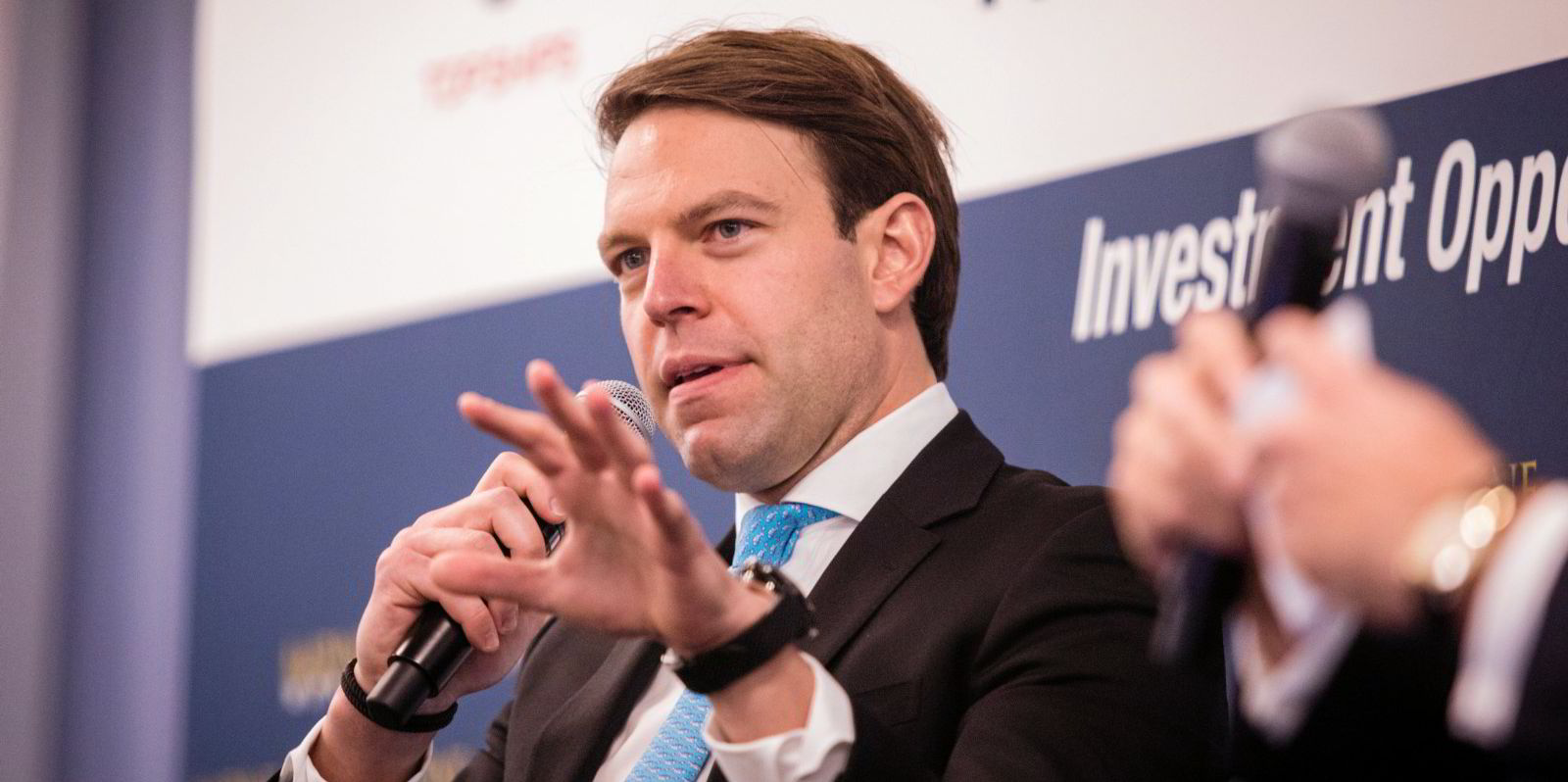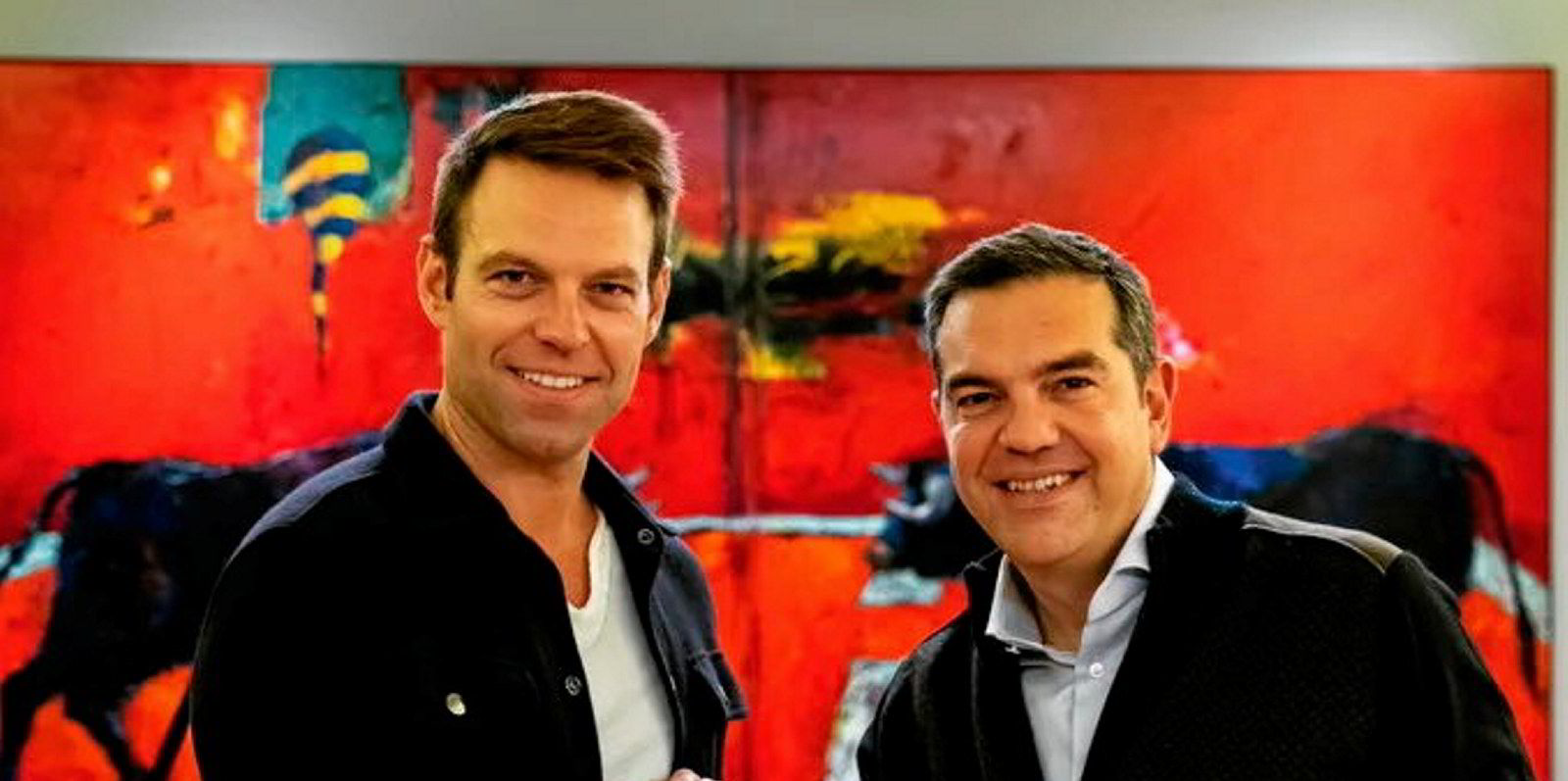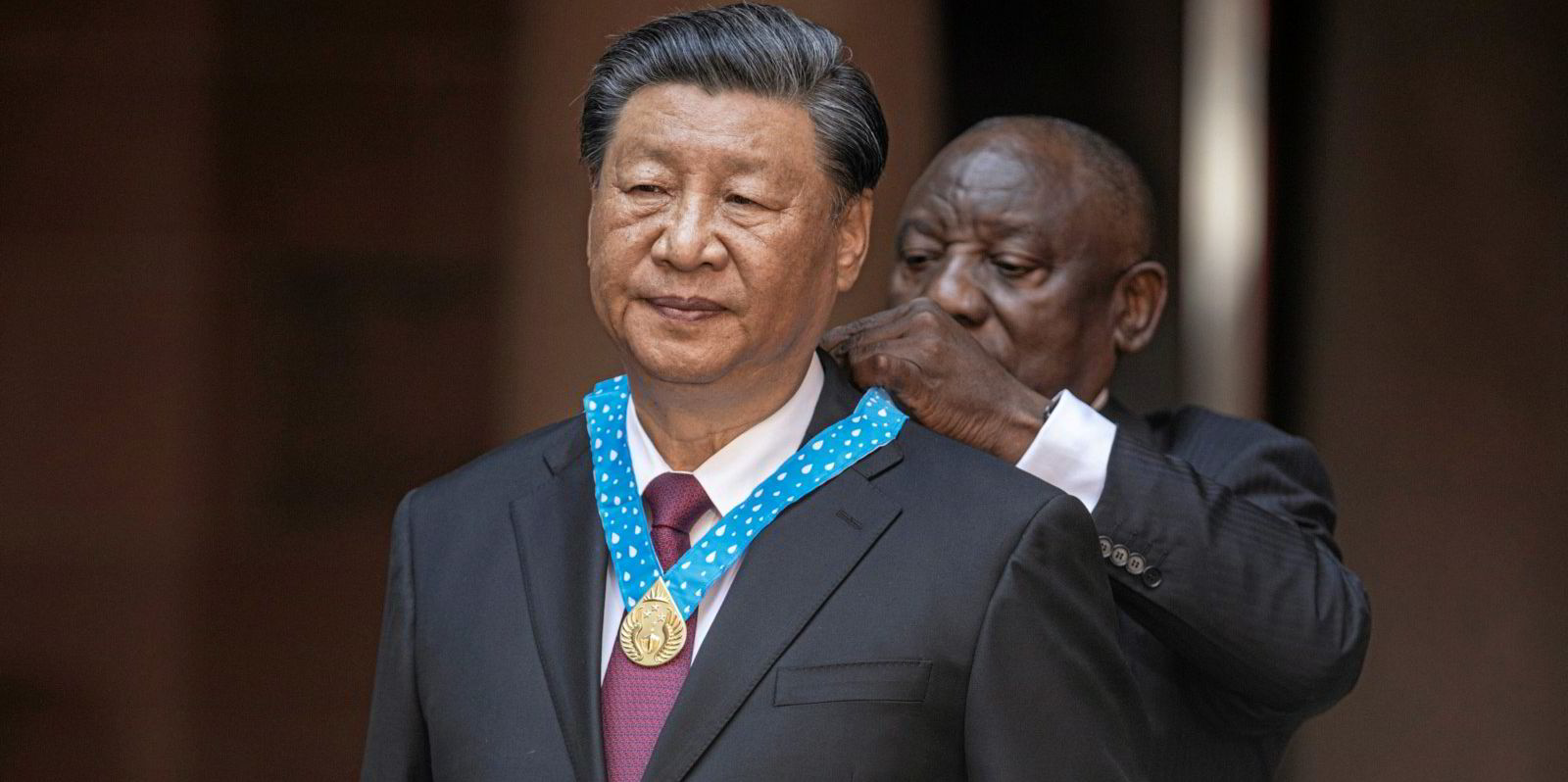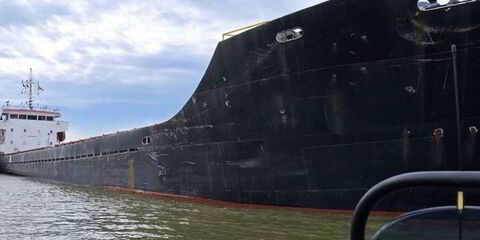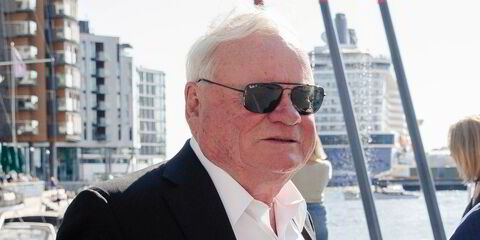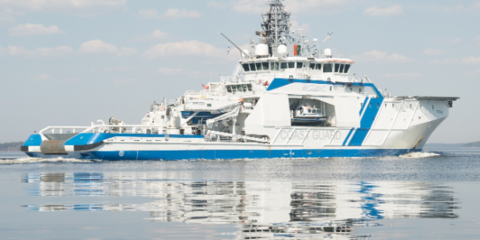This is the height of the “silly season”, when media is forced to rely on frivolous and overhyped news to keep their readers’ attention when many are on holiday.
So is this how we should interpret a crazy idea that a US-based shipping investor is standing for a radical left-wing Greek political party?
The story about 35-year-old Stefanos Kasselakis is absolutely true, however. The Miami man who made a fortune betting on bulker and tanker asset plays last year has declared his candidature for Syriza.
“It’s time to build the Greek Dream we all so badly need,” he proclaimed in a social media post on X, formerly Twitter.
You will remember Syriza as coming to power in 2015 on a radical left ticket of opposing harsh financial bailout terms from Brussels.
In government under the leadership of Alexis Tsipras, Syriza made some gains on social justice and wealth distribution but its coalition collapsed as it felt forced to compromise and move to the political centre ground.
It was finally defeated as the country’s largest party in July 2019 and has since seen its parliamentary position eroded, most recently in the June elections this year.
Kasselakis wants to revive Syriza with a mixture of progressive social policies around LGBT rights and separating the church and state, plus relatively conservative economic ones around public-private (investment) partnerships.
Syriza has already moved away from its radical roots but following Tsipras’ resignation in June, the party is looking for inspiration and renewal.
The idea of maritime men dabbling in politics is not new, it’s just most of them are firmly on the political right of the spectrum and pushing for business-friendly policies.
Marinakis’ power plays
Evangelos Marinakis — founder and owner of major ship owner Capital Maritime & Trading Corp — is a member of Piraeus city council.

His father, Militiadis, was also a significant fleet operator who was elected as a Piraeus city councillor and then became a member of the Greek parliament.
Marinakis junior was partly motivated by a desire to keep the port in local hands but his political ambitions were limited. As he said many years ago: “I can’t become and I won’t become a Greek Burlesconi.”
Instead, he concentrated on football (he owns Nottingham Forest and Olympiacos), his media business and writing the odd pop song.
Owning newspapers or TV stations can also be a way of playing politics. Maybe that is why Rodolphe Saade, the chairman of French liner giant CMA CGM, has recently added La Tribune to his burgeoning media empire.
In Britain, the long-standing Conservative MP for North Wiltshire, James Gray, started work in shipping: as a graduate trainee for P&O before joining shipbroker Anderson Hughes.
He was a director of the Baltic Futures Exchange before getting elected to parliament in 1997.
Lord Sterling of Plaistow is a kind of politician sitting in the House of Lords, where he is a lawmaker. The executive chairman of P&O between 1983 and 2005 was created a life peer by then prime minister Margaret Thatcher.
His resolve in a long-running and highly politicised labour dispute at Dover over cuts in ferry jobs and conditions endeared him to the so-called Iron Lady.
Entrepreneurs turned politicians
In previous centuries, there were a string of British shipowners who became politicians, including Sir Edward Gourlay who in 1868 became Liberal MP for Sunderland, his home town and then a leading shipbuilding centre.
Before him came Sir Donald Currie, who was MP for Perthshire, before founding Castle Line operating steamships between England and South Africa.
But no one surpasses Norwegian shipowner Johan Ludwig Mowinckel, who became prime minister three times between 1921 and 1935.
In modern times, there is the case of Elaine Chao in the US. She was never actively involved in her father James Chao’s Foremost Group shipping empire but as transportation secretary in Donald Trump’s presidency, she became embroiled in rows over Foremost’s close links with China.
Politics and shipping of course are closely linked in China, Russia and many other countries, where the state is actively invested in maritime companies.
So will Kasselikas “reconstitute a modern Left” as he wants and breathe new life into Syriza if not Greek politics? And will Marinakis feel then compelled to run for parliament himself or this is just my fantasy of the silly season?(Copyright)
